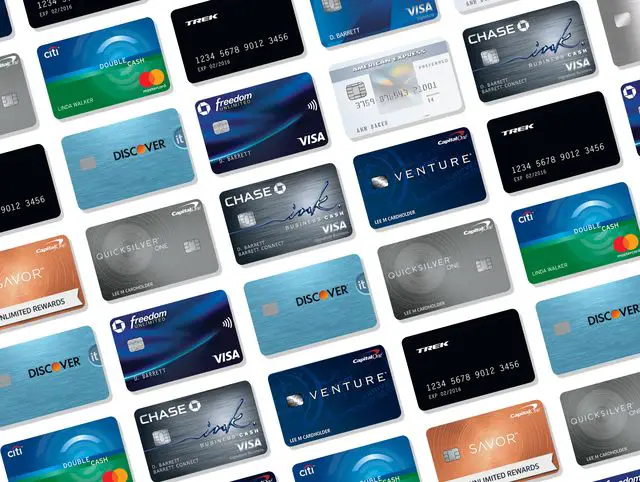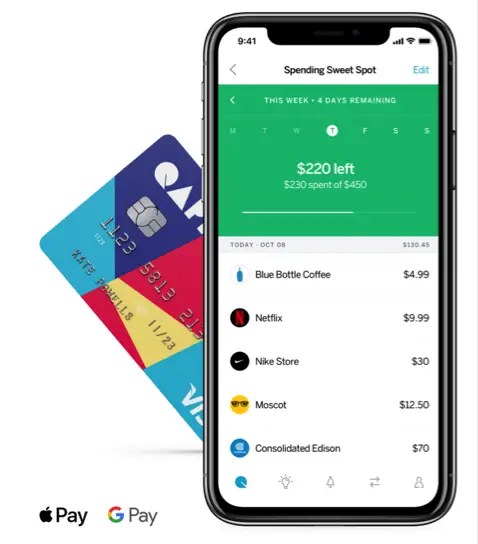What Is A Savings Account?
Table of Contents
What is a savings account?
A savings account is a type of account that you can open in a financial institution like a bank or credit union. This type of bank account allows you to deposit money to be stored safely in a bank for you. Savings accounts also typically earn more interest than checking accounts on the money that you leave inside them.
Although in 2020, after the federal reserve reduced interest rates several times, you can typically only really earn a little over one percent at best when you keep your money in a savings account. You also have to report the income you earn from a savings account and pay regular income taxes on it. The financial institution where you hold your account will send a 1099-INT form at tax time whenever you earn more than $10 in interest income.
Although they earn a low amount in interest, savings accounts are a great place to keep your money if you want to do something like building an emergency fund. They are very liquid since they just hold cash and can quickly be transferred to your checking account if you have both types of accounts within the same institution. Banks like Sofi and Ally.com offer special types of savings accounts and tools to help make it easier for you to save your money.

Savings account insurance and fees!
After the Great Depression where people lost a lot of their money because it was held in banks and lost when they completely went under, the US government decided to implement a new system that banks had to use in order to make sure that even if a bank went under people would still be able to get their money back. The way that the government insured the people against any bank closures is by implementing FDIC, which stands for Federal Deposit Insurance Corporation.
FDIC insurance guarantees that people’s money will be insured up to $250,000 per account per bank. Some newer online banking and investment institutions, like Robinhood, that offer their own bank accounts have started increasing this insurance up to over $1,000,000 per account by utilizing several regular banks at once that the money is actually deposited into.
Some savings accounts offered by banks offer a type of overdraft protection where if you end up overdrawing your checking account, instead of having your account balance go negative and your bank charge you a fee, if you have money in your savings account the bank will just take money out of your savings account to cover what the checking account did not.
Some of the fees that most banks have gotten rid of or increasingly fewer charge are:
- Account opening fees
- Account monthly maintenance fees
- Account minimum balance fees
- ATM fees
- Overdraft fees – Most banks still charge this and even banks like Sofi and Chime only allow you to overdraw your account up to certain amount before they start charging you fees. Ally is one of the few well-known banks that no longer charge ANY overdraft fees.
- Fee for too many withdrawals
Disclaimer: I am not any sort of investment or financial professional giving any sort of legal advice. I’m just some guy trying to teach other people about how they might navigate the financial world.








